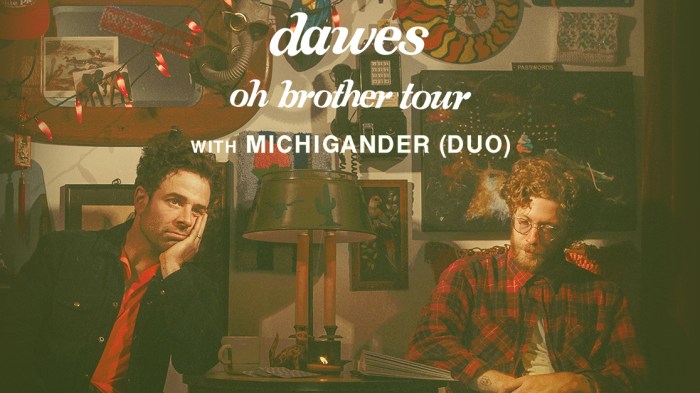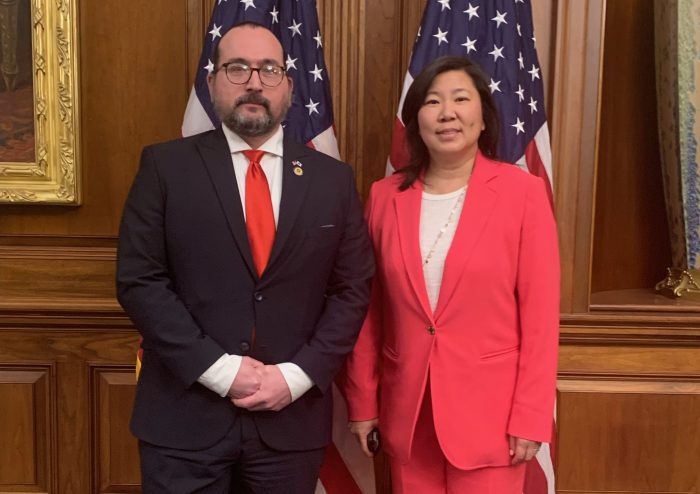If there is one thing you will learn from history — it’s that it repeats itself.
Those are the words author Peter Polack says in reference to his forthcoming book “Guerrilla Warfare: The Revolution Kings.” In his book, Polack profiles 10 guerilla leaders of various backgrounds, who were influential in changing the scope of many countries across the globe. He says a look back into the men who headed these revolts can help indicate where the world is going.
“History is the surest guide into the future, and if you learn from it maybe you will understand the the direction of the world” said Polack.
He adds that countless uprisings and wars dating back into the 18th century have told this tale over and over. And currently that is being repeated in countries like Syria and Iraq.
“Across the world, especially with the situation going on in the Middle East right now, people are finding out that the terms of having a true nation is represented for the people and by the people,” said Polack.
He adds that from an outsider’s point of view, the bigger picture is being ignored rather than the common theme that lead to these conflicts. Instead it is a battle all too familiar when it comes to the fight for freedom.
“A lot of people are looking at the Middle East like it’s just askew but they’re not realizing that in many cases, this is a true war of independence and they are fighting for that,” said Polack.
As many countries around the world deal with socio economic issues, like food insecurity and other forms of inequality, Polack predicts even more revolts.
The 80-page book briefly highlights men like Mao Zedong, King Abdullah, Koos De La Rey, General Võ Nguyên Giáp, General George Washington, Manuel Marulanda, Velupillai Prabhakaran, William Wallace, Simon Bolivar, and Jonas Savimbi. All the aforementioned men were guerillas who played a vital part in a revolt in their country.
In George Washington’s case, Polack says that his victory against the British-supporting German Hessians spearheaded a defining moment for the American Revolutionary war. He says when the then- commander strategized the attack, it heralded him as a great leader.
“A lot of people don’t equate George Washington as leader but he was and it may be to many people’s surprise that he strategized this,” said Polack.
A key fact Polack hopes to get across to readers, particularly the millennial crowd, is to demonstrate how the past provides a template for the coming years and some perspective.
“All of these wars that happen, if you understand history you’ll understand why these revolutions happen,” said Polack. “So I’m lobbying to the world and showing them some of these predecessors. Because when you don’t give people access to education or healthcare, it may not happen now, but there is going to be bloodshed.”

























